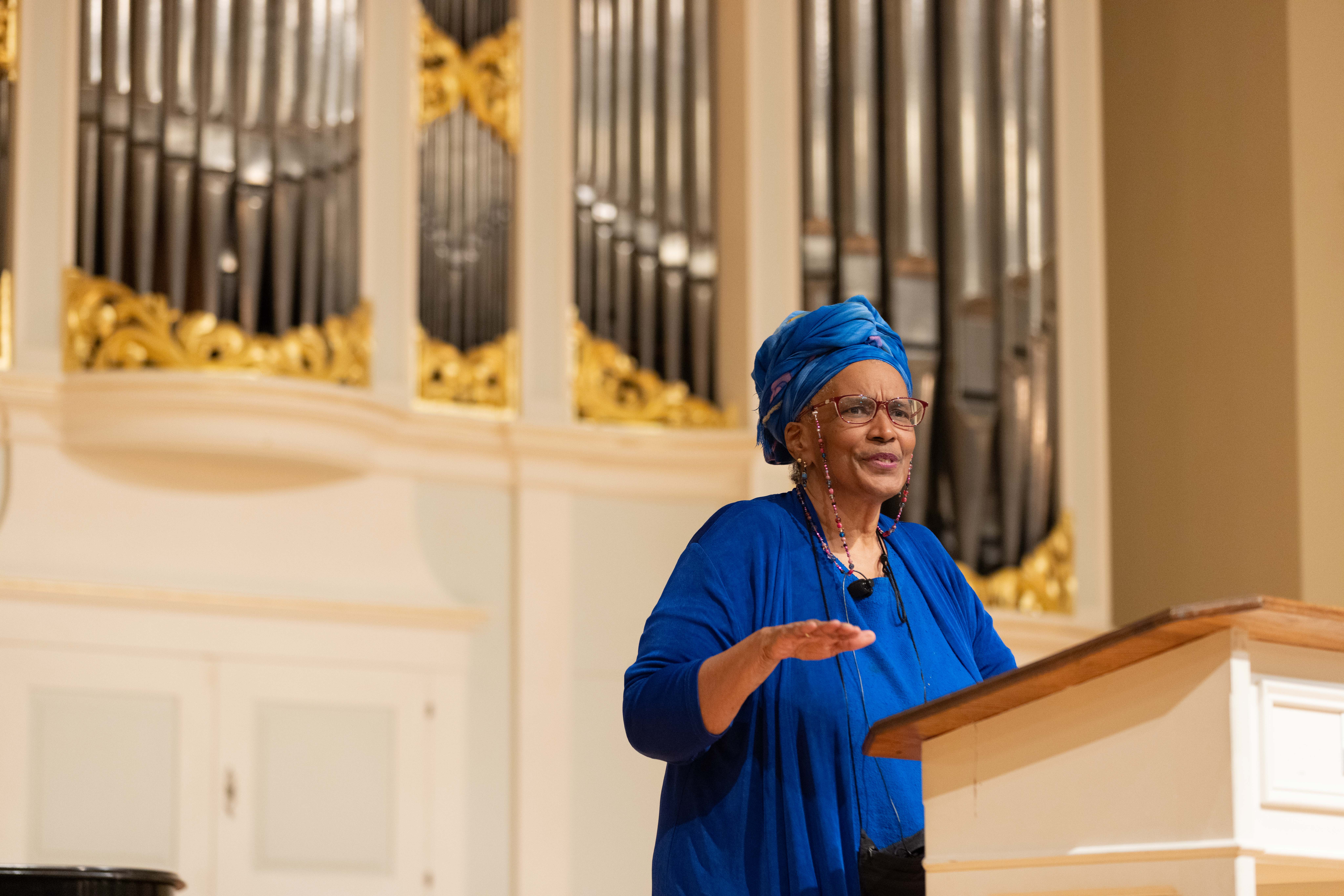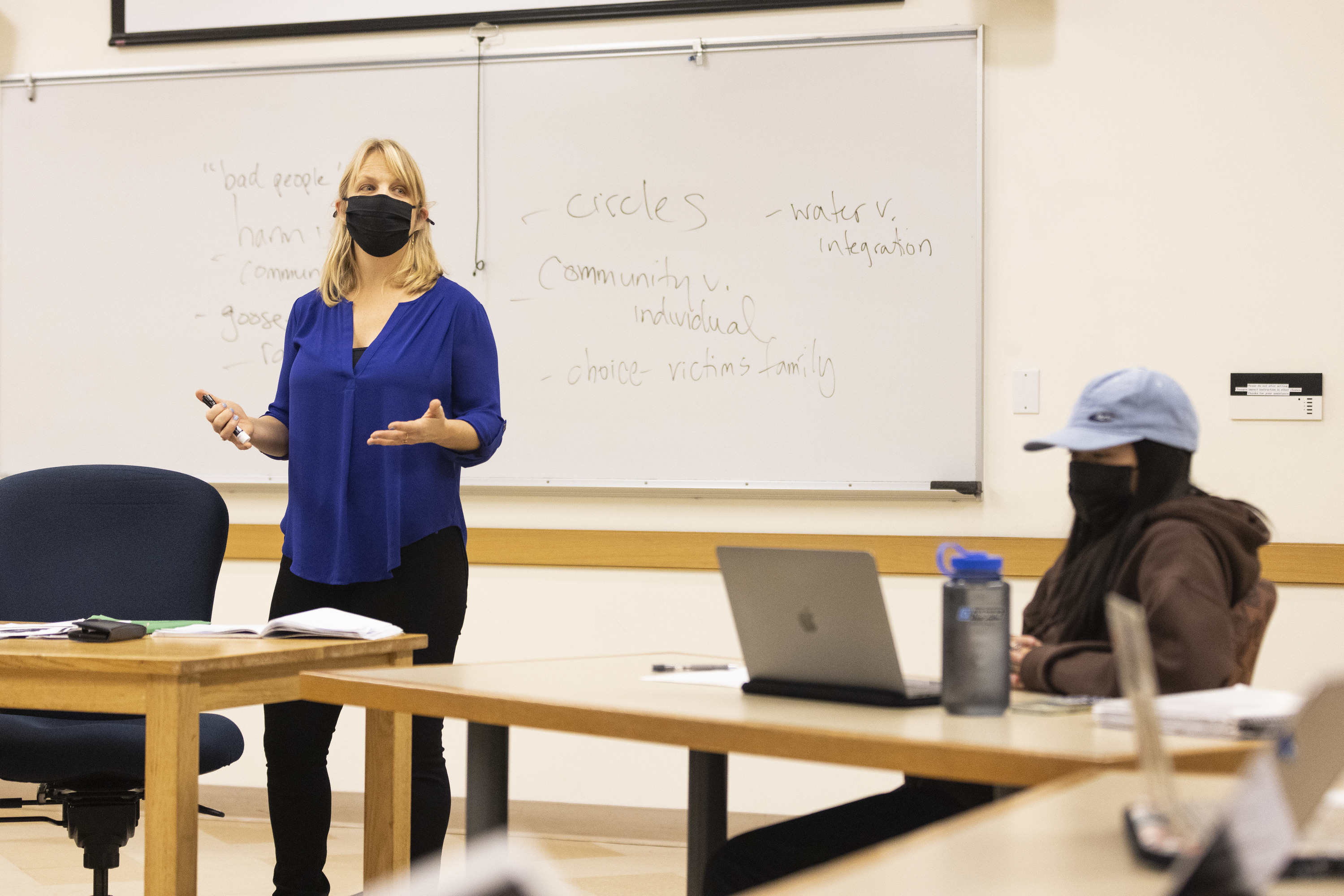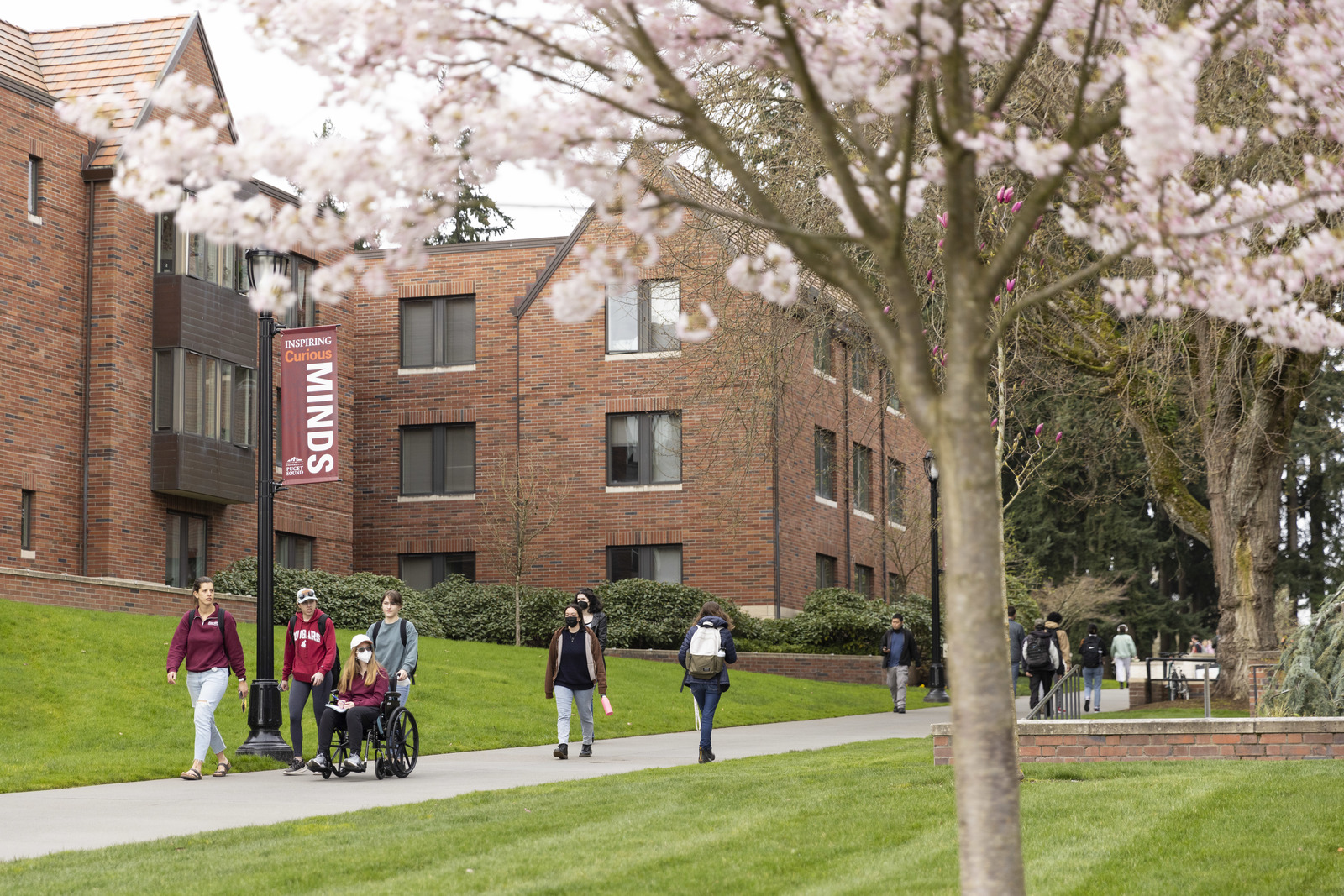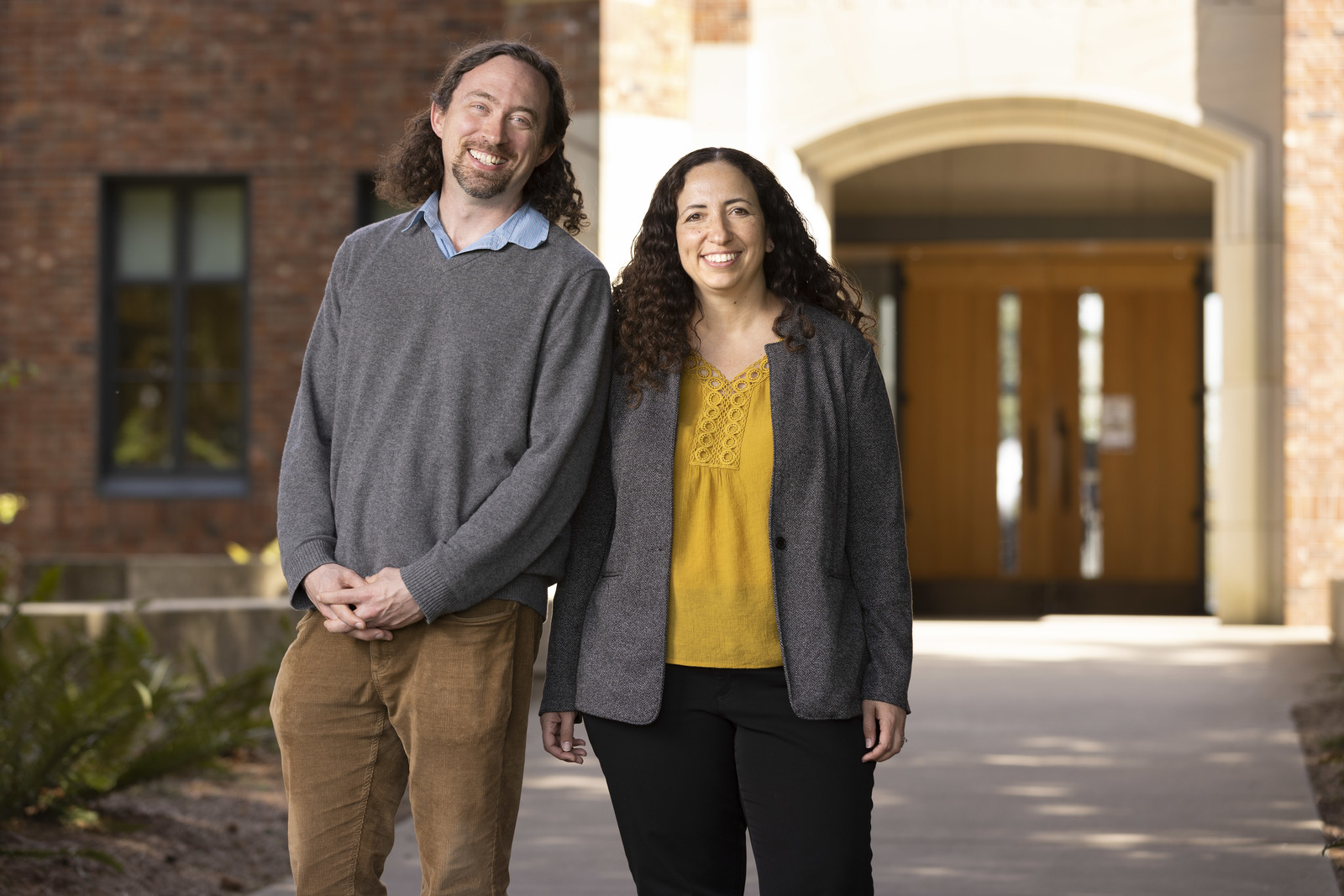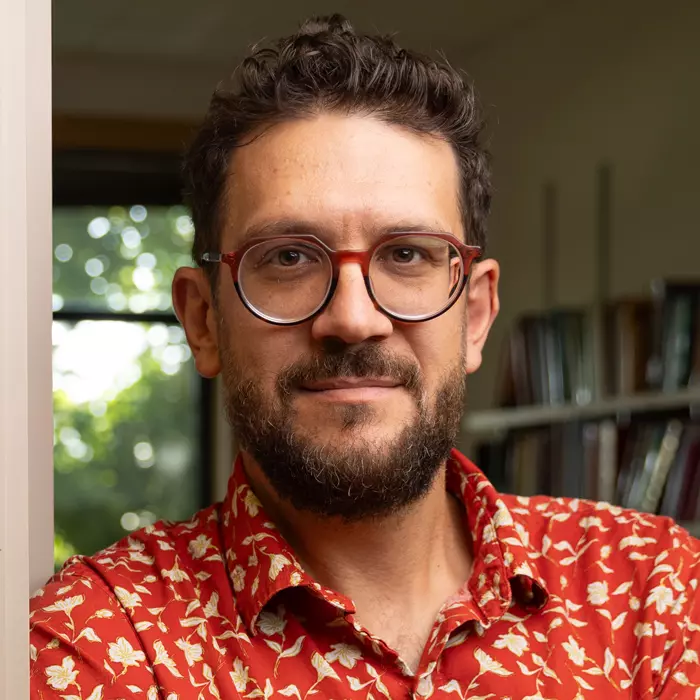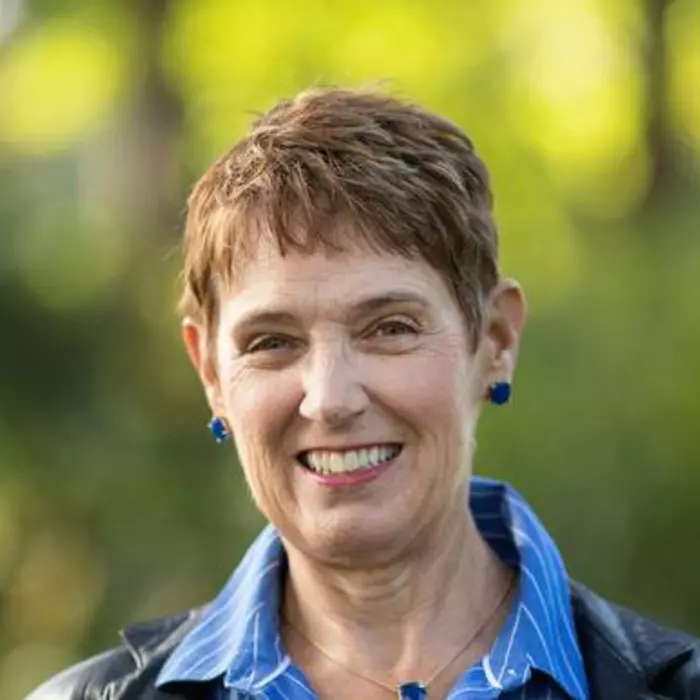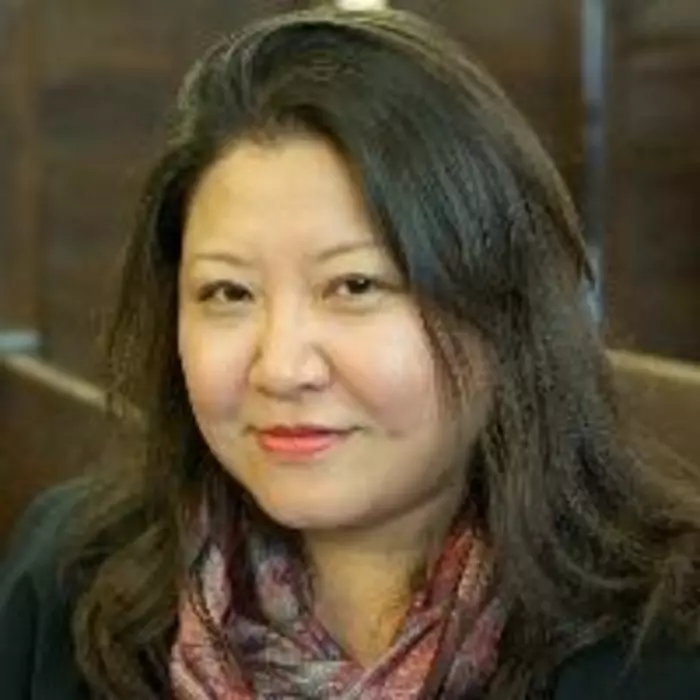For students seeking a socially engaged liberal arts education, the Department of Religion, Spirituality, and Society explores questions of power, knowledge, and identity as they relate to religious traditions. While developing a deeper understanding of oneself as a situated knower, students also explore individual religious traditions in depth, as well as broad themes such as the following: myth, ritual, and symbol; mysticism, magic, and medicine; beginning and end times; ethics, law, and moral philosophy; oppression and liberation; pacifism and violence; animals, bodies, and emotions. Courses are conducted with attention to structures and institutions of class, gender, sexuality, and race in their cultural and historical contexts.
For the major and minor in Religion, Spirituality, and Society, the faculty provides an introduction to the academic discipline followed by careful probing of two or more important traditions and a consideration of the methods useful to their study. A major or minor provides opportunities to develop excellent skills in writing, analysis, and argumentation and serves as an exceptional stepping stone to graduate or professional school. Past majors have gone on to excel in the non-profit sector, law school, medical school, doctoral programs, social work, creative writing, marketing and business, among other vocations.
